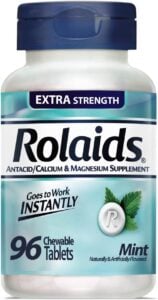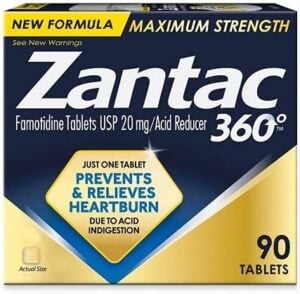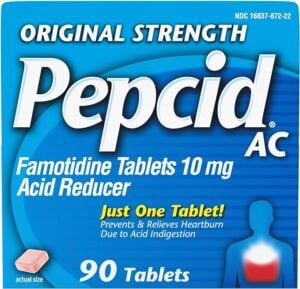
Silent reflux, also known as laryngopharyngeal reflux, is a condition that occurs when stomach acid flows back up into the throat and voice box. It is called “silent” because it doesn’t always have underlying cause the common symptoms of heartburn or indigestion. If left untreated, silent reflux can lead to complications such as chronic cough, throat irritation, and even damage to the vocal cords. In this article, we will explore effective options for silent reflux treatment and how you can manage it at home.[1]
Understanding Silent Reflux
Silent reflux occurs when the ring of muscle between the esophagus and the stomach, known as the lower esophageal sphincter, doesn’t function properly. This allows stomach acid travels back up into the throat and irritate the sensitive tissues, leading to various LPR symptoms.
It’s important to note that silent reflux is often challenging to diagnose because it doesn’t always present with the typical symptoms of acid reflux, such as heartburn. This can lead to delays in treatment and prolonged discomfort for individuals experiencing this condition.
What is Silent Reflux?
Silent reflux is a type of acid reflux that primarily affects the throat and voice box. Unlike traditional acid reflux, which typically presents as heartburn, silent reflux may cause symptoms such as a chronic cough, hoarseness, or a feeling of a lump in the throat. It is important to distinguish silent reflux from other throat conditions to ensure proper treatment.
Furthermore, silent reflux can be exacerbated by certain lifestyle factors, such as obesity, smoking, or consuming a diet high in acidic foods or fatty foods. Understanding these triggers can be crucial in managing and preventing silent reflux episodes.
Symptoms of Silent Reflux
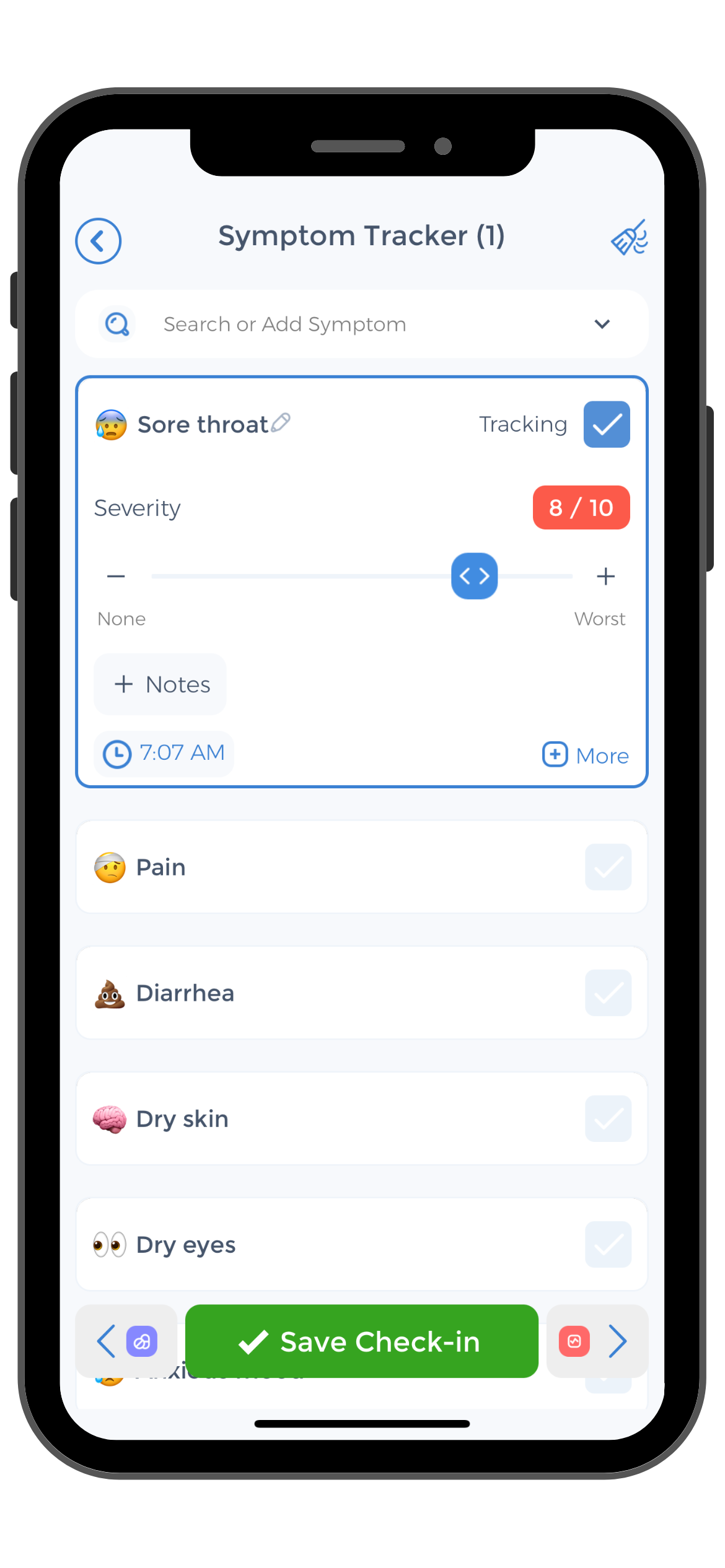 The symptoms of silent reflux can vary from person to person but may include:
The symptoms of silent reflux can vary from person to person but may include:
- Chronic cough
- Hoarseness
- Throat clearing
- Difficulty swallowing
- Sore throat
- Feeling of a lump in the throat
If you experience any of these symptoms, it is essential to consult a healthcare professional for an accurate diagnosis and appropriate treatment.
Additionally, silent reflux can have far-reaching effects beyond the throat, potentially leading to dental problems due to the erosion of tooth enamel from exposure to stomach acid. This highlights the importance of early detection and management of silent reflux to prevent complications in other areas of health.[2]
Lifestyle Changes for Silent Reflux Treatment and Management
In addition to professional medical advice, making certain lifestyle changes can significantly help manage silent reflux and reduce its symptoms. Here are some self-care strategies you can implement:
Silent reflux, also known as laryngopharyngeal reflux (LPR), occurs when stomach acid flows back into the throat, leading to symptoms like hoarseness, throat clearing, and coughing. In addition to dietary adjustments and weight management, there are other lifestyle modifications that can aid in the management of silent reflux.
Making targeted lifestyle changes can significantly alleviate silent reflux symptoms and improve overall well-being.
Key strategies include:
- Dietary Adjustments: Avoiding triggers like spicy foods, caffeine, alcohol, and fatty foods, and adopting a low-acid, low-fat diet.
- Weight Management: Maintaining a healthy weight through regular exercise and balanced nutrition can mitigate symptoms.
- Sleep Hygiene: Elevating the head of the bed, avoiding late-night meals, and cultivating a relaxing bedtime routine promote better sleep quality and minimize nocturnal reflux.
- Stress Reduction: Practicing stress management techniques such as yoga, meditation, and deep breathing exercises can attenuate reflux exacerbation.
Dietary Adjustments
Be mindful of what you eat and drink, as certain foods and beverages can trigger silent reflux symptoms. Common triggers include spicy foods, citrus fruits, caffeine, alcohol, and fatty or fried foods. Opt for a diet that is low in acid and fat, and consider working with a registered dietitian who can help you navigate your dietary choices.
It’s also important to practice mindful eating habits, such as eating slowly and chewing food thoroughly. Eating too quickly or not chewing food properly can lead to swallowing air, which can exacerbate reflux symptoms. Additionally, maintaining proper hydration by drinking an adequate amount of water throughout the day can help dilute stomach acid and reduce the risk of reflux.
Exercise and Weight Management
Maintaining a healthy weight is crucial for managing silent reflux. Excess weight can put pressure on the abdomen and worsen symptoms. Engaging in regular exercise can not only help with weight management but also improve digestion and reduce the likelihood of acid reflux episodes.
Exercise is just one part of taking care of yourself when you have reflux. Learning about gastroesophageal reflux disease self-care gives you more tools to feel better every day. Simple changes in how you eat, sleep, and manage stress can make a real difference.
Exercise can also help reduce stress levels, which is important because stress is known to exacerbate reflux symptoms. Activities like yoga, meditation, or deep breathing exercises can be beneficial in managing both stress and reflux. Incorporating physical activity into your daily routine can have a positive impact on your overall well-being and help alleviate silent reflux symptoms.
Sleep Habits and Silent Reflux
Boosting the head of your bed or using a wedge pillow helps keep stomach acid down while you sleep, preventing reflux. Avoid large meals before bedtime to give your body time to digest, reducing the risk of reflux during the night.
Crafting a calming bedtime routine can enhance sleep quality and reduce reflux disruptions. Skip caffeine and screens before bed, opting instead for relaxing activities like reading or gentle stretches.
Incorporating relaxation techniques like deep breathing or listening to calming music can further ease stress and tension, promoting better sleep. Create a cozy sleep environment by keeping your bedroom cool, quiet, and comfortable, ensuring a restful night’s sleep.[3][4][5]
Understanding Trigger Foods and Meal Practices
In managing silent reflux, dietary adjustments play a crucial role in alleviating symptoms and promoting overall well-being. Understanding the impact of certain foods and meal practices can empower individuals to make informed choices that mitigate reflux episodes.
Carbonated Beverages
In the realm of dietary adjustments for managing silent reflux, it’s crucial to consider the impact of carbonated beverages. These fizzy drinks, including sodas and sparkling water, are known to exacerbate acid reflux symptoms due to their acidic nature and ability to induce gas. The carbonation process introduces carbon dioxide into the beverages, which can contribute to bloating and discomfort in individuals with silent reflux. Consequently, healthcare professionals often advise those with this condition to limit or avoid carbonated beverages to minimize symptom flare-ups. By incorporating this dietary adjustment, individuals can take proactive steps to reduce the likelihood of reflux episodes and improve their overall quality of life.
Citrus Fruits
Citrus fruits, such as oranges, lemons, and grapefruits, are highly acidic and can aggravate silent reflux symptoms. The acidic nature of these fruits can irritate the esophagus and exacerbate discomfort. Therefore, individuals with silent reflux are often advised to limit or avoid citrus fruits in their diet to minimize symptom flare-ups.
Smaller Meals
Consuming smaller, more frequent meals can help reduce the incidence of silent reflux episodes. Large meals can put pressure on the stomach, leading to increased gastric acid production and greater likelihood of reflux. By opting for smaller portions, individuals can prevent overeating and minimize the risk of acid reflux. Additionally, eating slowly and chewing food thoroughly can aid digestion and reduce the likelihood of reflux.
Alcohol
Alcohol is known to relax the lower esophageal sphincter (LES), the muscle that separates the esophagus from the stomach. When the LES relaxes, it allows stomach acid to flow back up into the esophagus, triggering classic symptoms. Furthermore, alcoholic beverages can irritate the esophageal lining, exacerbating discomfort. Therefore, individuals with silent reflux may benefit from limiting or avoiding alcohol consumption to manage symptoms effectively.
Herbal Teas
Certain teas, such as chamomile, ginger, and licorice root, are believed to possess properties that can aid digestion and soothe the gastrointestinal tract. Chamomile tea, in particular, has anti-inflammatory properties that may help alleviate reflux symptoms and promote relaxation. Ginger tea is known for its ability to alleviate nausea and aid digestion, while licorice root tea may help reduce inflammation in the esophagus. Incorporating these herbal teas into the diet in moderation may offer relief from silent reflux symptoms for some individuals.
By being mindful of trigger foods like citrus fruits, adopting smaller meal practices, limiting alcohol intake, and incorporating soothing herbal teas, individuals can proactively manage silent reflux and improve their quality of life. As always, consulting with a healthcare professional or registered dietitian for personalized dietary recommendations is advisable to optimize symptom management and overall well-being.[6]
Over-the-Counter Solutions for Silent Reflux
Over-the-counter options are available to help manage symptoms of silent reflux, providing temporary relief. However, it’s important to consult with a healthcare professional for proper diagnosis and treatment guidance.
Silent reflux, also known as laryngopharyngeal reflux (LPR), occurs when stomach acid flows back into the throat, leading to irritation and discomfort. Common symptoms include hoarseness, chronic cough, or a sensation of a lump in the throat.
While over-the-counter solutions can help alleviate these symptoms, they are just one part of a comprehensive approach to managing silent reflux. Lifestyle changes and dietary modifications are equally important for long-term management and symptom control.
Antacids and Their Role
Antacids work by neutralizing stomach acid and relieving symptoms such as heartburn and indigestion. They provide temporary relief and can be used as needed. However, it is important not to rely solely on antacids and address the underlying causes of silent reflux for long-term management.
Some common antacids include Tums and Rolaids, which are readily available without a prescription. These products contain ingredients like calcium carbonate and magnesium hydroxide, which help to neutralize excess acid in the stomach. While antacids can provide quick relief, they are best used for occasional symptoms and may not be sufficient for severe or persistent silent reflux.
Here are the Over-the-Counter Antacids for Acid Reflux Relief
Tums: Tums are a popular choice for soothing acid reflux symptoms. They contain calcium carbonate, which works by neutralizing stomach acid when consumed. This reaction helps alleviate discomfort by raising the pH levels in the stomach. Tums are often preferred for their quick relief, but it’s essential to monitor calcium intake, especially for those with kidney issues.
Rolaids: Rolaids offer rapid relief from acid-related symptoms with their dual-action formula. They combine calcium carbonate and magnesium hydroxide, providing a balanced approach to neutralizing stomach acid. While effective, individuals with kidney problems should be cautious due to the magnesium content, which can exacerbate certain conditions.
H2 Blockers: What You Need to Know
H2 blockers reduce the production of stomach acid and can provide more extended relief than antacids. They can be taken before meals or at night, depending on the specific brand and formulation. However, it is best to consult with a healthcare professional before starting any new medication.
Popular H2 blockers like ranitidine (Zantac) and famotidine (Pepcid) are effective in reducing acid production in the stomach. By blocking histamine receptors in the stomach lining, these medications help decrease the amount of acid produced, offering relief from silent reflux symptoms.
It is important to follow the recommended dosage and consult a healthcare provider if symptoms persist despite treatment with H2 blockers.
Exploring Popular H2 Blockers: Ranitidine (Zantac) and Famotidine (Pepcid)
Ranitidine (Zantac): Ranitidine, commonly known as Zantac, is a trusted H2 blocker that reduces stomach acid production. By blocking histamine receptors in the stomach, it helps alleviate symptoms like heartburn and indigestion. While available in various forms like tablets and syrups, recent concerns about impurities in some products have led to regulatory actions, prompting individuals to seek guidance from healthcare professionals.
Famotidine (Pepcid): Famotidine, marketed as Pepcid, is another widely used H2 blocker for acid reflux relief. It works similarly to ranitidine by blocking histamine receptors in the stomach, reducing acid secretion and relieving symptoms. Pepcid comes in different forms like tablets and chewable tablets, offering convenience for users. However, individuals should consult healthcare professionals for personalized advice, especially regarding potential interactions with other medications or medical conditions.
Proton Pump Inhibitors
Prescription-strength proton pump inhibitor may be prescribed for severe or chronic cases of silent reflux. These medications provide robust acid suppression and can offer significant relief. It is important to follow your healthcare professional’s instructions and discuss any potential side effects or interactions.
Each individual’s experience with silent reflux may vary, so it is important to work closely with your healthcare professional to find the most effective treatment options for you. By implementing lifestyle changes, utilizing over-the-counter solutions, and, if necessary, exploring prescription treatments, you can effectively manage silent reflux and improve your quality of life.[7][8]
Use the CareClinic App to Track Gastroesophageal Reflux Disease
Take control of your silent reflux management with the CareClinic App. By tracking your symptoms, dietary habits, and medication schedules, you can gain valuable insights into what triggers your silent reflux and how effective your treatment plan is.
The app’s comprehensive diary feature allows you to record your daily food intake, symptom severity, and medication times, making it easier to identify patterns and make necessary adjustments. With CareClinic, you’re equipped to work alongside your healthcare provider to tailor a personalized approach to managing your condition.
Download the CareClinic App To Monitor Stomach Acid
For a seamless and proactive health management experience, install the CareClinic App today. Utilize the app’s reminder system to ensure you never miss a dose of your medication or a scheduled mealtime.
Experience the benefits of having all your health information in one place, accessible at any time, which can lead to improved health outcomes. The CareClinic App is your partner in taking charge of your silent reflux and enhancing your overall well-being.
References
- “Laryngopharyngeal Reflux (LPR): What It Is, Symptoms, Treatment”. https://my.clevelandclinic.org/health/diseases/15024-laryngopharyngeal-reflux-lpr
- “Dental Erosion | American Dental Association”. https://www.ada.org/resources/ada-library/oral-health-topics/dental-erosion/
- “Acid Reflux May Respond Better To Diet Than Drugs”. https://time.com/4929930/acid-reflux-drugs-diet/
- “Gastroesophageal reflux disease”. https://en.wikipedia.org/wiki/Gastroesophageal_reflux_disease
- “Mayo Clinic Q and A: Lifestyle changes may ease laryngopharyngeal reflux – Mayo Clinic News Network”. https://newsnetwork.mayoclinic.org/discussion/mayo-clinic-q-and-a-lifestyle-changes-may-ease-laryngopharyngeal-reflux/
- “Carbonated Drinks and Acid Reflux — Dr. Fogelman”. https://www.drfogelman.com/blog/carbonated-drinks-and-acid-reflux
- “GERD Has a Variety of OTC Treatment Options”. https://www.pharmacytimes.com/view/gerd-has-a-variety-of-otc-treatment-options
- “Proton-pump inhibitor”. https://en.wikipedia.org/wiki/Proton-pump_inhibitor
- “Effectiveness of Mobile Medical Apps in Ensuring Medication Safety Among Patients With Chronic Diseases: Systematic Review and Meta-analysis – PubMed”. https://pubmed.ncbi.nlm.nih.gov/36413386/
- “A Systematic Assessment of the Quality of Smartphone Applications for Gastroesophageal Reflux Disease – PubMed”. https://pubmed.ncbi.nlm.nih.gov/39129878/


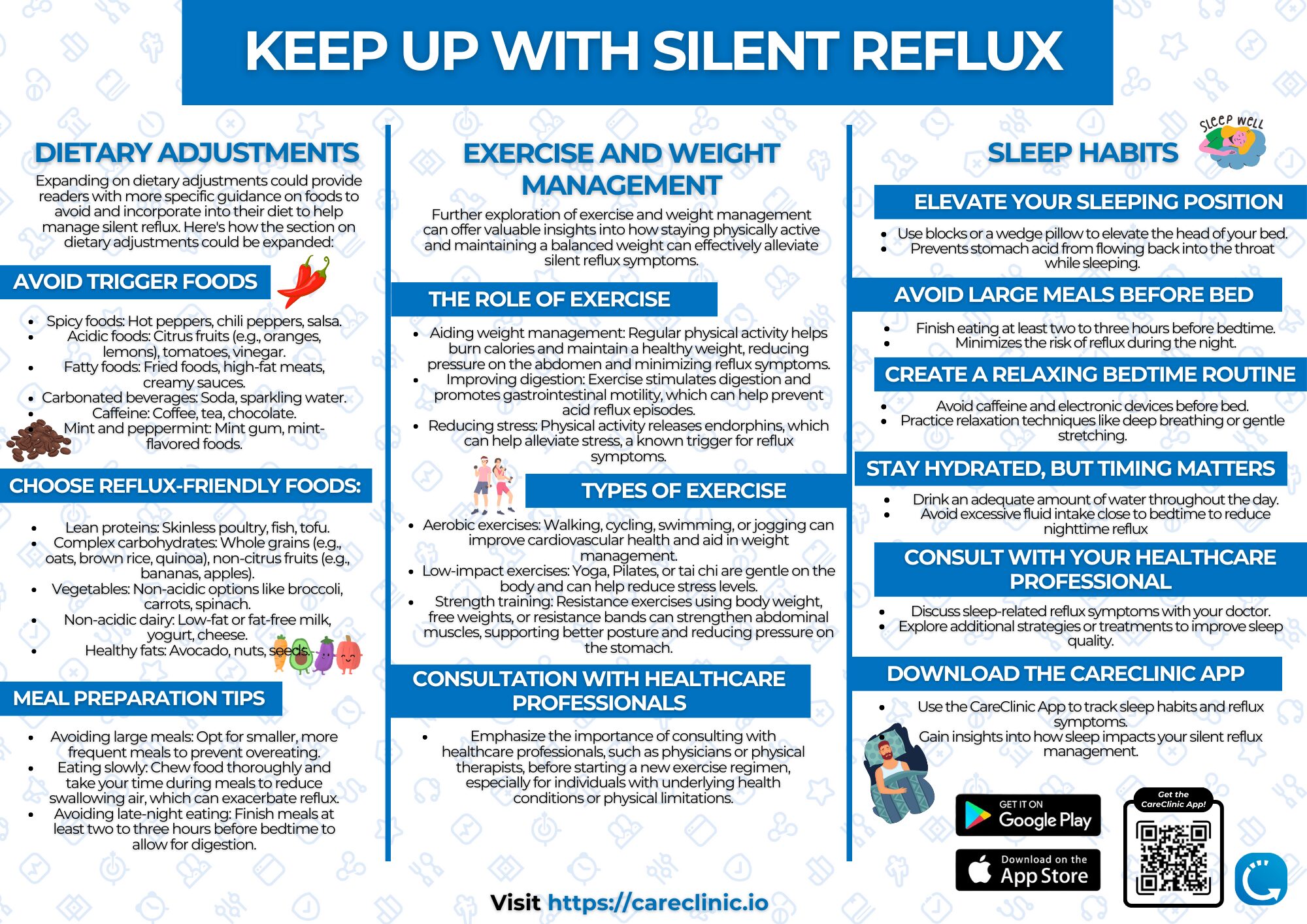
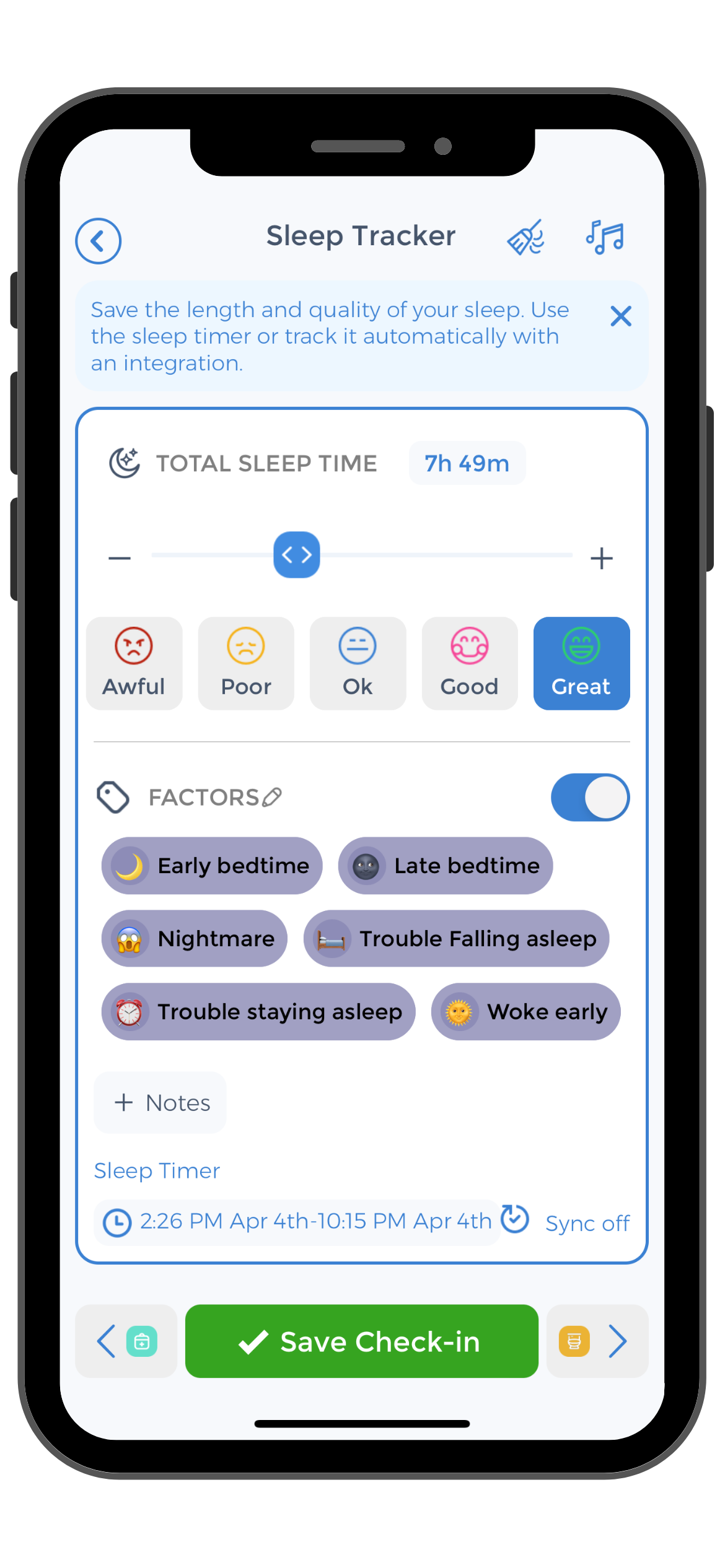
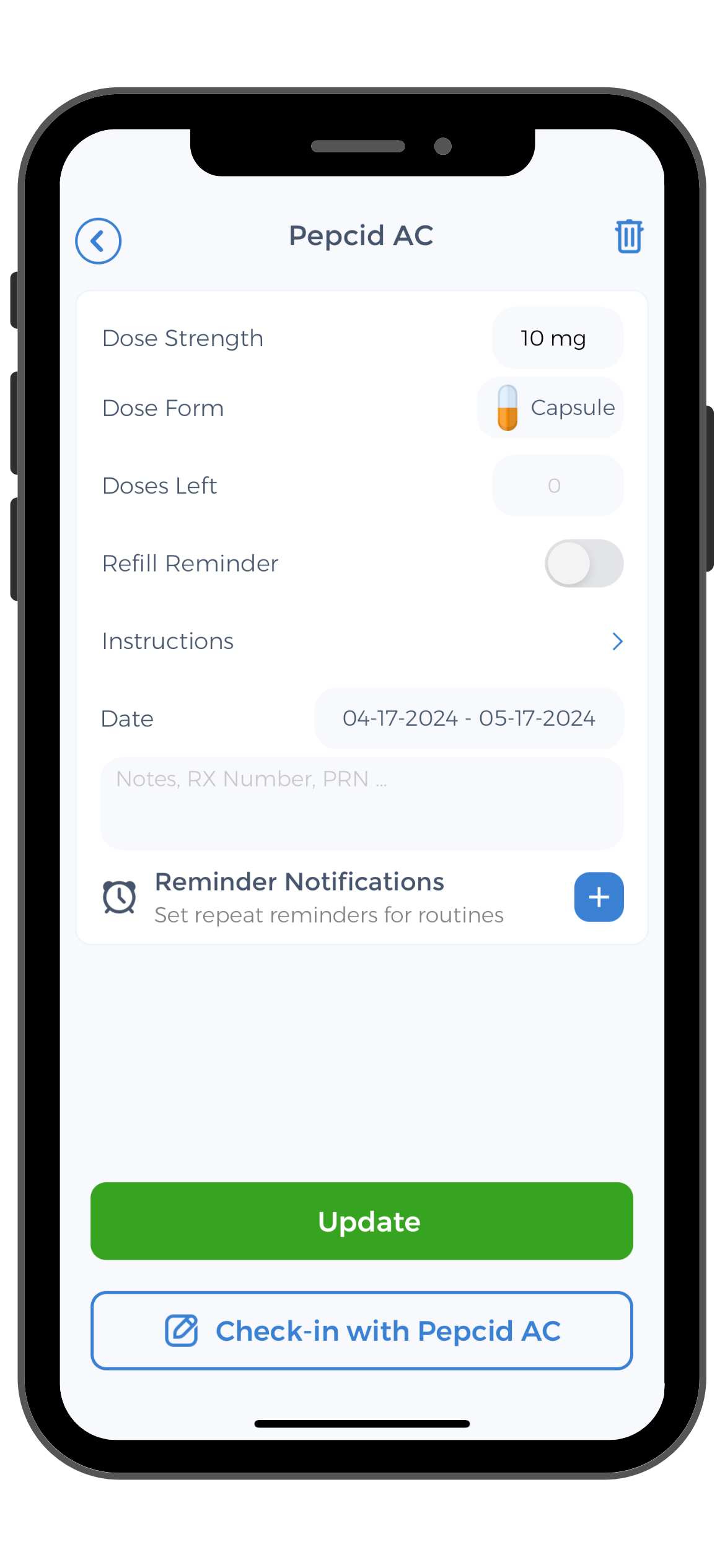
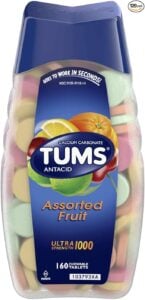 Buy Here
Buy Here